Singer Lucinda Williams reveals dark secrets in new memoir
When Lucinda Williams’ breakout album “Car Wheels on a Gravel Road” was nearly ready for release in 1998, the head of her record label wanted to hire filmmaker Paul Schrader to make a video for one of the songs.
She was intrigued because his resume included the screenplay for “Taxi Driver” and other work with Martin Scorsese.
She agreed to meet him at a Nashville restaurant.
He had apparently been drinking heavily when Williams greeted him at his table.
“The first thing he said to me,” Williams recalls, “was,” ‘If I wasn’t so f–ked up right now, I’d probably try to get inside your pants.’ ”
That was the end of the project — and “Car Wheels” did just fine without a video, winning acclaim and a Grammy.
In her new memoir, “Don’t Tell Anybody the Secrets I told You” (Crown), Williams, 70, reveals this and plenty of other secrets.
A singer and songwriter with deep Southern roots — born in the Louisiana city of Lake Charles — her songs tell tales of love, lust and loss, God and the devil.
The most jarring stories in the book are about Williams’ mother, Lucille, who suffered from mental illness.
She writes of a time when she was 3 and her mother locked her in a closet, because, her father told her, ‘You were being a typical 3-year-old and crying and she couldn’t handle it.’
“When I think about it now, it sounds so horrible. How could a mother do that? But there was always my dad there to say, ‘She can’t help it. It’s not her fault. She’s not well.”
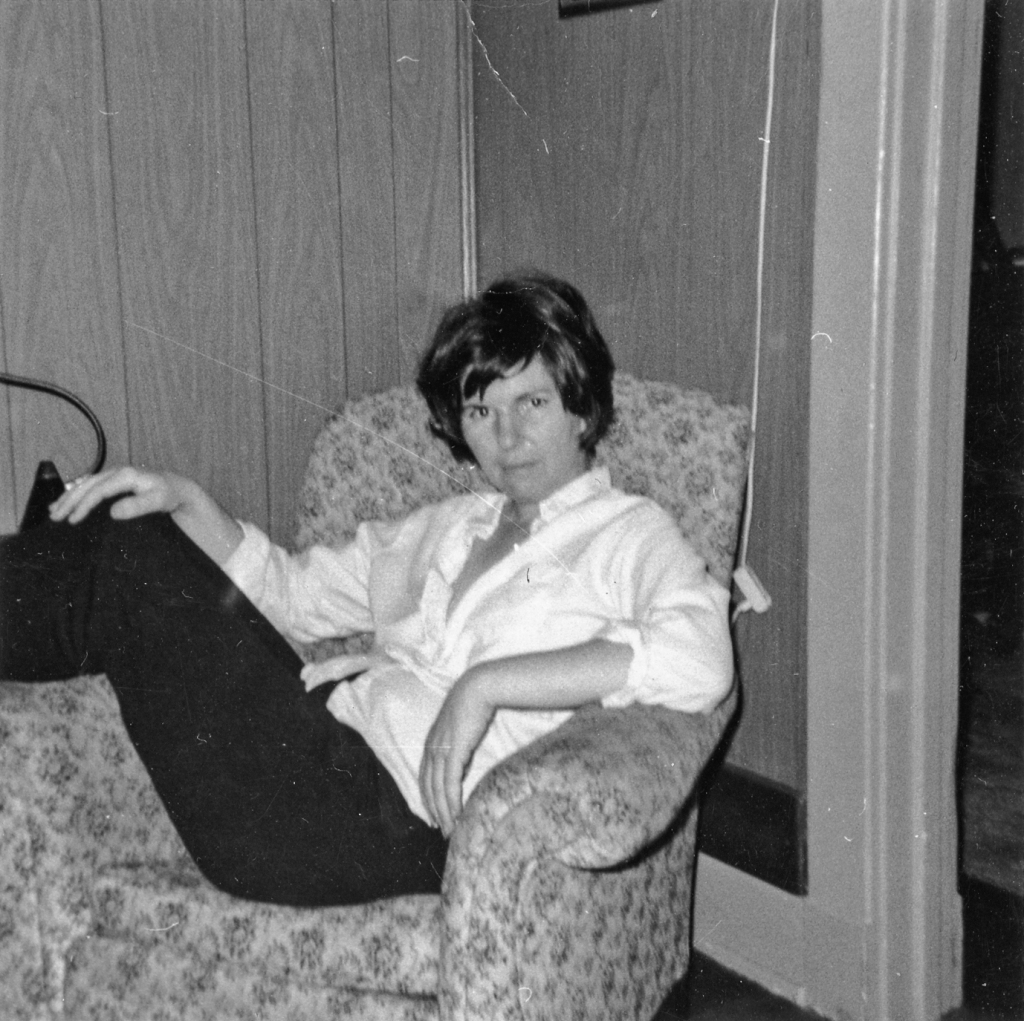
Much later, her father, the poet and professor Miller Williams, told Lucinda that her mother had been sexually molested by her own father — a Methodist minister — and one or more of her brothers as a child. Williams relied on her father for care and support, and it was his literary life that had a huge influence on her and her songwriting.
Williams says she’s still working through a lot of that childhood trauma, writing songs about it, but not talking about it.
One of those songs, is the title track for “Car Wheels.”
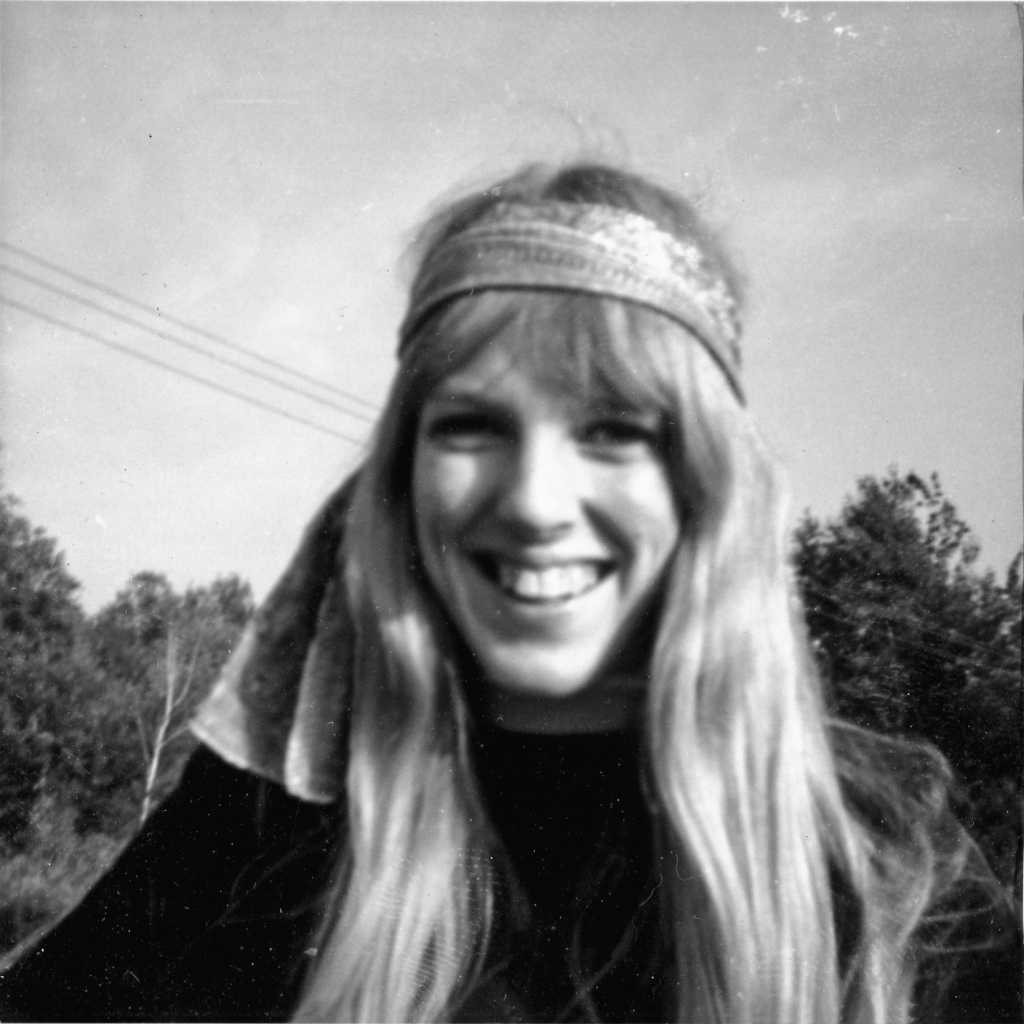
When her mother would go to a mental hospital for a spell, Willams’ father might take her and her younger brother and sister to stay somewhere else.
That turns up in the haunting lyrics: “Child in the back seat ’bout 4 or 5 years//Lookin’ out the window//Little bit of dirt mixed with tears//Car wheels on a gravel road . . .”
When Williams was 11, her family spent a year in Santiago, Chile, for a poetry scholarship her father was awarded.
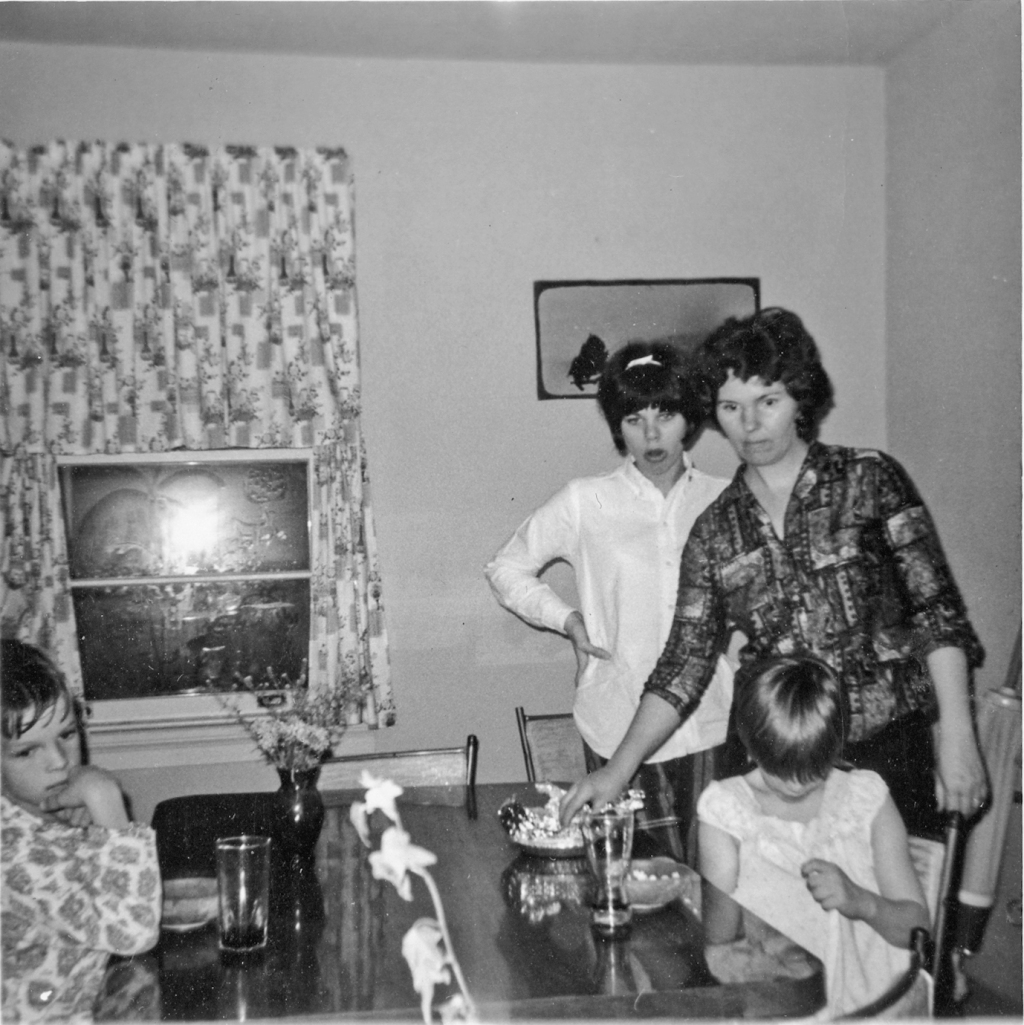
Upon moving back to Baton Rouge, her father met her future stepmother, Jordan.
He was 35 and Jordan was his 18- or 19-year-old student at LSU. Lucinda was 12.
“Jordan came into the house as an extra guardian or babysitter,” Williams writes, even though her parents hadn’t separated yet.
Williams doesn’t shy away from revelations about numerous broken relationships with men.
Some didn’t even involve sex.
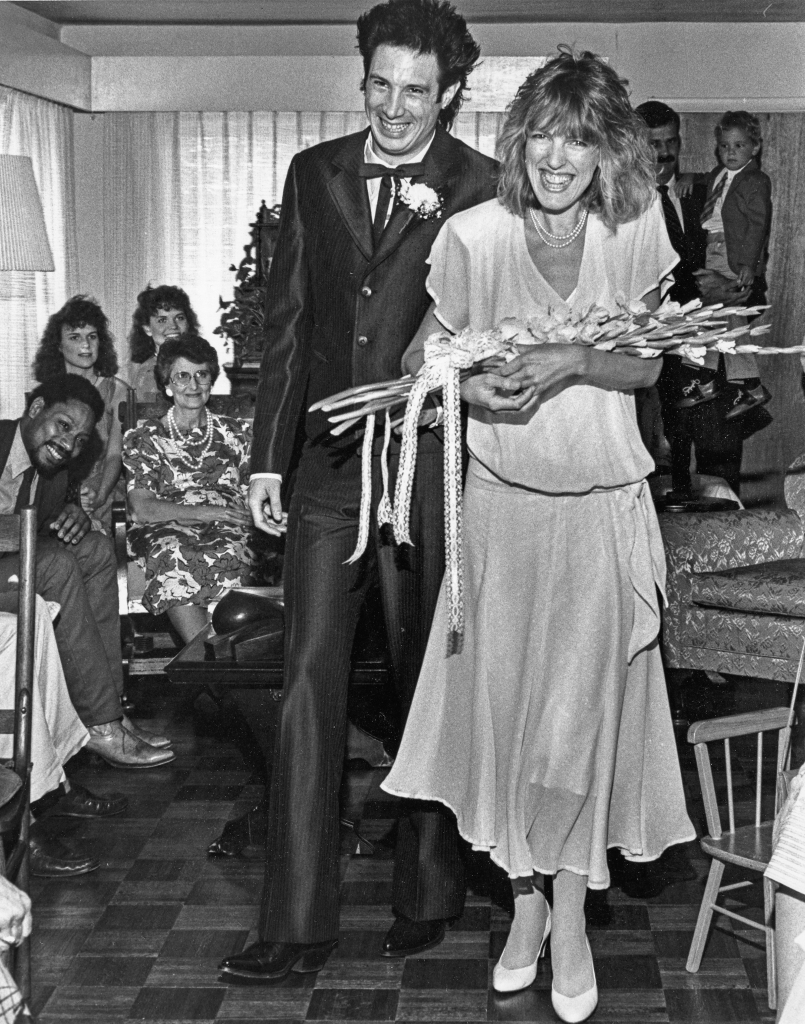
“Flirting is very underrated,” Williams writes of musical bad-boy Ryan Adams, 21 years younger than her.
The two met in Nashville, but a relationship was doomed from the start.
At the opening night of a recent four-show residency last month at City Winery in Manhattan, Williams said she used to call those motorcycle-poet men she was attracted to “beautiful losers.”
But she felt that was too harsh.
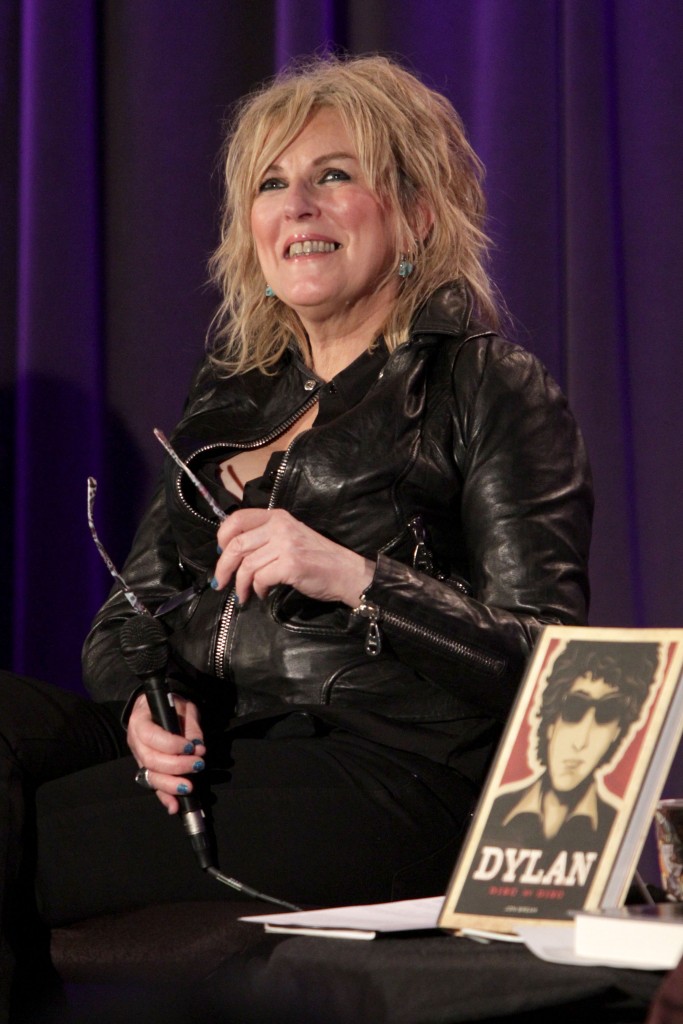
“So now I say beautiful misfits,” Williams says.
Clyde Joseph Woodward III, the boyfriend that is the focus of Williams’ touching song “Lake Charles,” basically drank himself to death, succumbing to cirrhosis.
Another one, Matthew Greeson, caught her attention in Los Angeles in 2004.
Eventually, Williams suspected he was selling the artwork off her walls, and even a Grammy, to pay for his drugs.
Things looked up a year later when Williams met Tom Overby, the man who would become her husband — and manager.
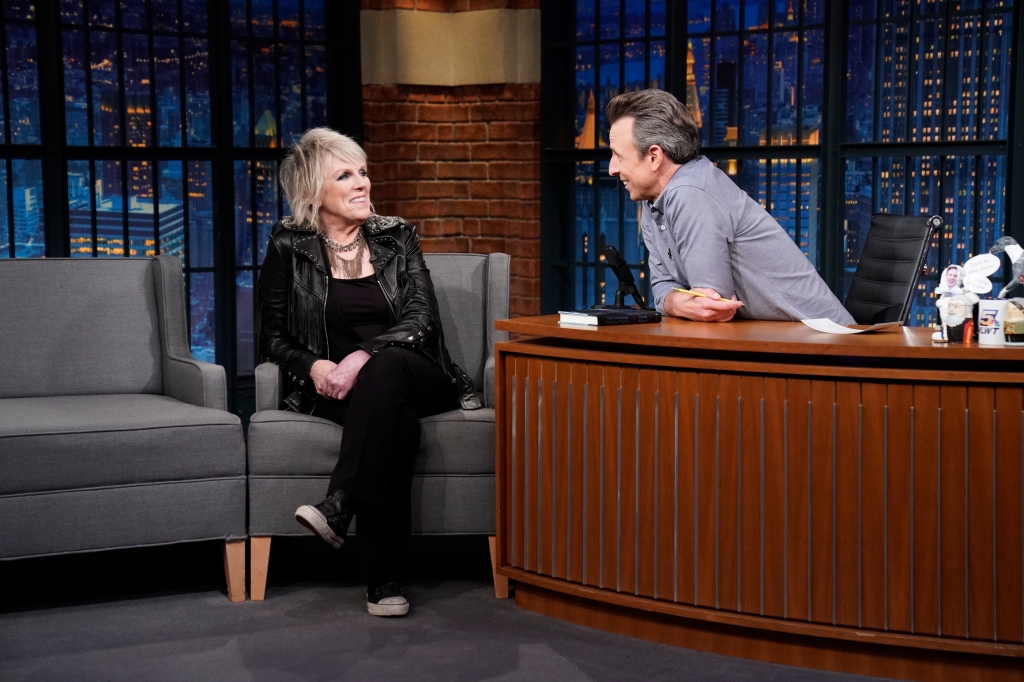
He had been a record buyer for Best Buy in Minneapolis and had just moved to LA for a job at a record label.
Soon, Williams invited him to hear some new songs and share a bottle of wine.
Their next date was a Bruce Springsteen concert.
And after meeting Springsteen backstage, The Boss invited them to dinner.

Just a couple of weeks in, she could tell that Tom was different than her usual “down-and-out poet-motorcycle-bad-boy guys who could barely hold it together.
The two got married on Sept. 18, 2009, after a show at the First Avenue club in Minneapolis.
Tom had suggested they have the ceremony onstage.
And when Williams’ father endorsed the idea, calling it “perfect” because Hank Williams (no relation) got married onstage, there was no doubt about it.
Read the full article Here


